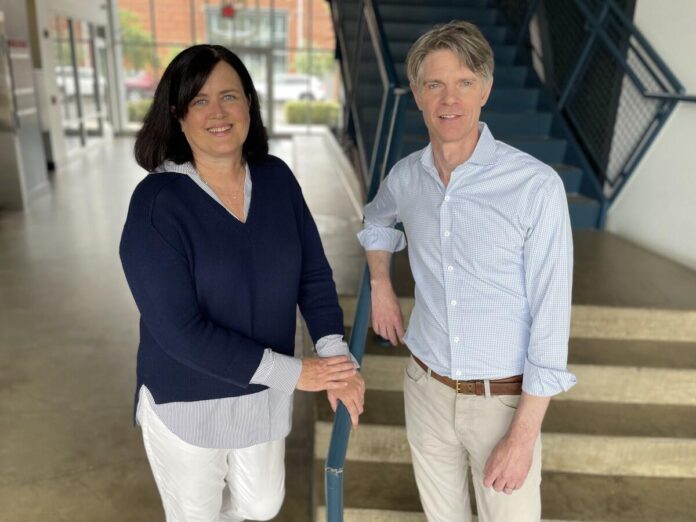Introduction to Evizia
A startup company with roots at Virginia Commonwealth University has received a prestigious state grant that will accelerate its work in advancing DNA analysis. The company, Evizia, is building on more than a decade of published research and grants tied to its husband-and-wife co-founders, Jason Reed, Ph.D., a professor in VCU’s Department of Physics, and Sheila Corcoran, whose business résumé includes Wall Street experience.
The Technology Behind Evizia
An early version of their product, the aptly named PRECYSE, has been developed for testing, and they say the single-molecule imaging and analysis instrument offers superior speed, precision, and cost efficiency compared with existing options for scientists and doctors. "I am interested in developing technologies that are applicable in the real world," said Reed, who is also a researcher at VCU Massey Comprehensive Cancer Center. "We want to provide researchers and clinicians with the tools they need to make groundbreaking discoveries and improve patient outcomes."
The Impact of PRECYSE
The PRECYSE technology allows scientists to see DNA directly at the single-molecule level, enhancing the accuracy and speed of DNA analysis, and helping labs save time and money. Using a technology originally from semiconductor manufacturing, PRECYSE is based on an atomic force microscope (AFM), which images biomolecules like DNA. "There is a real ‘wow factor’ because most have never seen a direct molecular resolution image of their samples," Corcoran added.
Funding and Support
Over the past two years, Evizia has reached a number of commercialization benchmarks, including licensing exclusive patents. And this summer, it received a significant boost from Virginia Catalyst, also known as the Virginia Biosciences Health Research Corp. The nonprofit organization awarded Evizia and its partner universities an $800,000 grant to support the development and commercialization of PRECYSE. Evizia was one of only four recipients of the latest round of grants, which will allow the company to fast-track research and development as well as collaborations with researchers across the state.
How PRECYSE Works
The scanning process, known as high-speed atomic force microscopy, creates detailed, 3D images at a nanometer scale (one-billionth of a meter). Direct visualization of DNA molecules provides accurate information on the structure and length of the sample. All the while, PRECYSE can replace traditional methods that provide less accuracy based on indirect measurements. "For those old enough to get this reference, the AFM works a lot like a record player needle. It rapidly interrogates the surface and quickly renders an image based on when the probe, or ‘needle,’ moves over the molecule," Reed said.
Conclusion
The grant from Virginia Catalyst propels Evizia’s work forward, allowing them to build on existing key opinion leader feedback by testing with experts in their own backyard to push the boundaries of what’s possible in DNA analysis. With the ultimate goal of impacting the speed, accuracy, and cost of genomic analysis and improving patient outcomes, Evizia is excited to partner further with leading researchers in the commonwealth to bring this technology to market. "We are excited to partner further with leading researchers in the commonwealth to bring this technology to market," Corcoran said.

